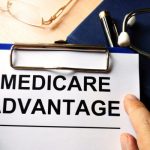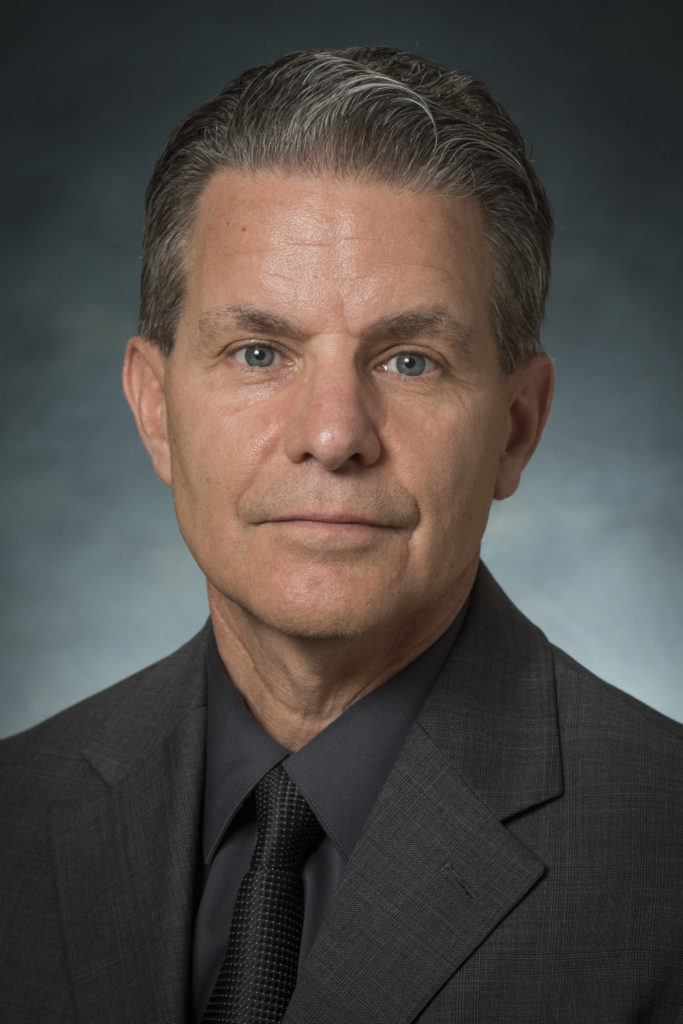By DAVID INTROCASO
After having worked in DC for sixteen years, in 2013 I created The Healthcare Policy Podcast. The title was in part intended to be sarcastic because healthcare policymaking in DC is very narrowly drawn. Consequently, healthcare delivery is excessively commodified, reductionistic and financialized or in sum anachronistic and ironically lacking purchase. If the policy objective was health, we’d be healthier. We’re not. For example, though anthropogenic warming poses the greatest threat to human health, we’ve no related healthcare policy.
Among more conventional issues, there is no serious policy discussion regarding HHS’s mission “to enhance . . . the well-being of all Americans. That we treat the disease not the person means we define health as simply the absence thereof. The same for excess deaths, comparatively declining life expectancy and compressing morbidity among Medicare beneficiaries who will soon exceed 20% of the population. As for children, HHS’s recent “Make Our Children Healthy Again” report expressed concern about children’s aerobic fitness but was silent about the prevalence of childhood sexual abuse despite Jeffrey Epstein and the Congress’s own serial child molester former House Speaker Dennis Hastert. Bizarrely, the AMA has yet to rescind Speaker Hastert’s 2006 Nathan Davis award for “outstanding contributions to the betterment of public health.” The HHS report was also silent about Medicaid reform even though the program provides healthcare for roughly half of US children. It is similarly remarkable how seldom if ever names like Arrow, Canguilhem, Farmer, Foucault, Illich, Marmot, Starfield and Virchow are discussed in healthcare policy circles.
Now after OBBBA cuts to the Medicaid and Medicare programs, 500 rounds fired into six CDC buildings, one killing a police officer, and seven months of HHS moral obliquity we are confronted with the reality that healthcare policymaking is now unambiguously on the road to nowhere. This may be because, having failed to appreciate Richard Hofstadter, Humphrey Building leadership is busy fomenting a new chapter in anti-intellectualism. We’re left to ask if healthcare enshittification has now been achieved possibly because healthcare policymakers have adopted Mark Manson’s “The Subtle Art of Not Giving a F*ck.”
The good news is the storm and stress about HHS no longer being fit for purpose could be effectively cured if the Congress, along with support from MedPAC, MACPAC and others, would work to free the department from politicization or partisan influence by redefining it as an independent agency. If policymakers exercised more imagination such a simple and obvious reform would have already received serious attention.
The idea of an independent HHS has at least been recognized. Roughly twenty years ago Dr. Arnold Relman, the esteemed former editor of The New England Journal of Medicine, argued healthcare be managed by a “National Health Care Agency” defined as a hybrid public-private entity like, he said, the Federal Reserve. Similarly, HHS would be governed by an independent board whose members would be nominated by the president and confirmed by the Senate for 14-year terms.
The idea surfaced again in some detail in 2016 when six former FDA commissioners, four appointed by Republican presidents, recommended the FDA become an independent agency. The commissioners argued the FDA’s independence was necessary to firmly ground decision making in scientific evidence, speed innovation, promote the capacity to act swiftly and to enhance accountability, transparency and public confidence.
Six years after that the Government Accountability Office (GAO) stumbled onto the idea. Early in 2022 the GAO added HHS leadership to its Congressional “High Risk List” that identifies executive department operations and programs facing serious mismanagement and in need of transformation. HHS leadership was named because the GAO learned from the CDC, FDA, NIH and the Administration for Strategic Preparedness and Response (ASPR) that political interference may have compromised HHS’s COVID-19 response.
As a result, GAO published a report that December that examined how HHS agencies are subject to political influence and how if at all it can be minimized. The GAO concluded that HHS agencies had a growing number of political appointees serving in key senior leadership positions that included their participating in the CDC’s Morbidity and Mortality Weekly Report review process. HHS had however “few, if any structural characteristics,” the GAO found, “that can help insulate them from political interference.”
For example, HHS cannot bypass forwarding its budget, regulatory rules and communications with the Congress to the White House Office of Management and Budget (OMB) for review. To mitigate or avoid political influence GAO naïvely hoped agency leadership and advisory committees, a culture of scientific integrity and regulatory, peer-review and clearances processes would work. About an independent FDA, the GAO was noncommittal.
Beyond avoiding gobsmackingly bananas political demagoguery – vaccines are evidently no longer a medical miracle despite having averted an estimated 154 million deaths in recent memory – an independent HHS might be less corrupted by regulatory capture and the Congress largely unburdened from having to make healthcare policy for a science and a market about which its members frequently appear to know too little or not enough and/or believe our health and healthcare is not sufficiently important to transcend politics. The problem of course is the healthcare lobby spent $650 million last year. If HHS was freed from special interest politics, the department might live up to its Independence Avenue address.
David Introcaso is a healthcare research and policy consultant based in Washington, D.C








